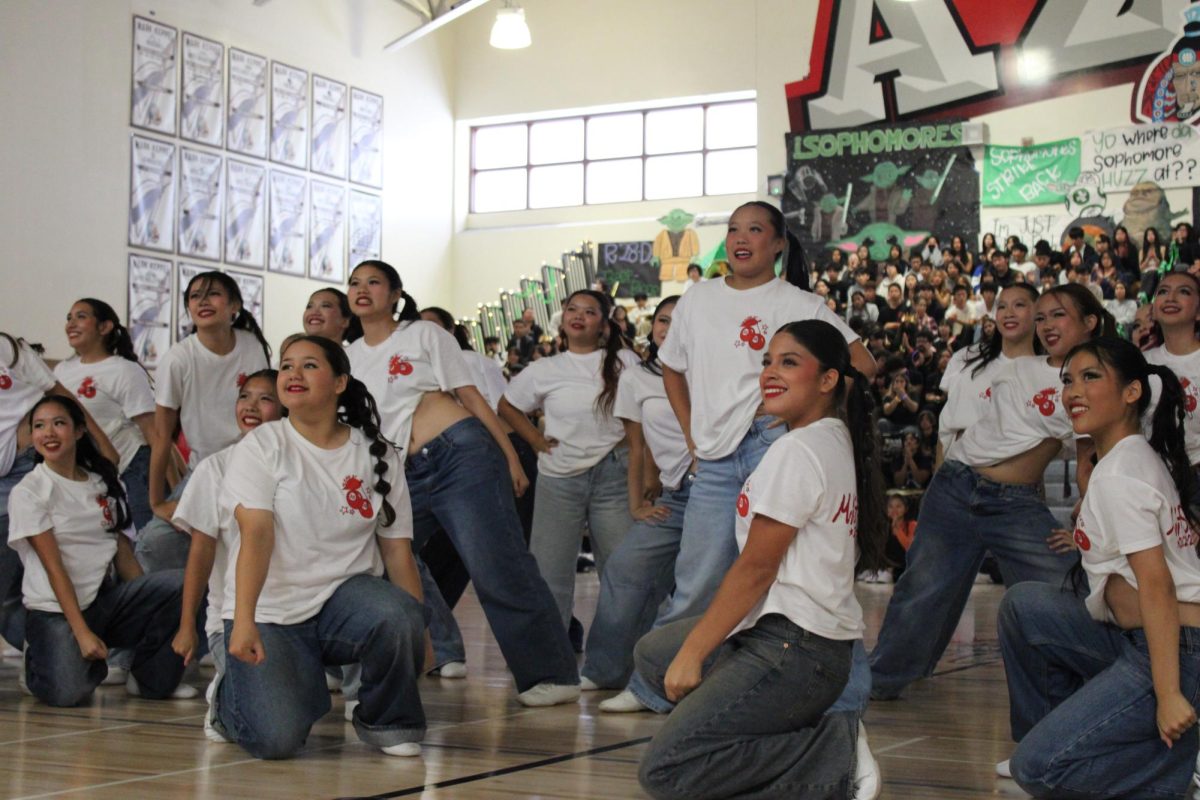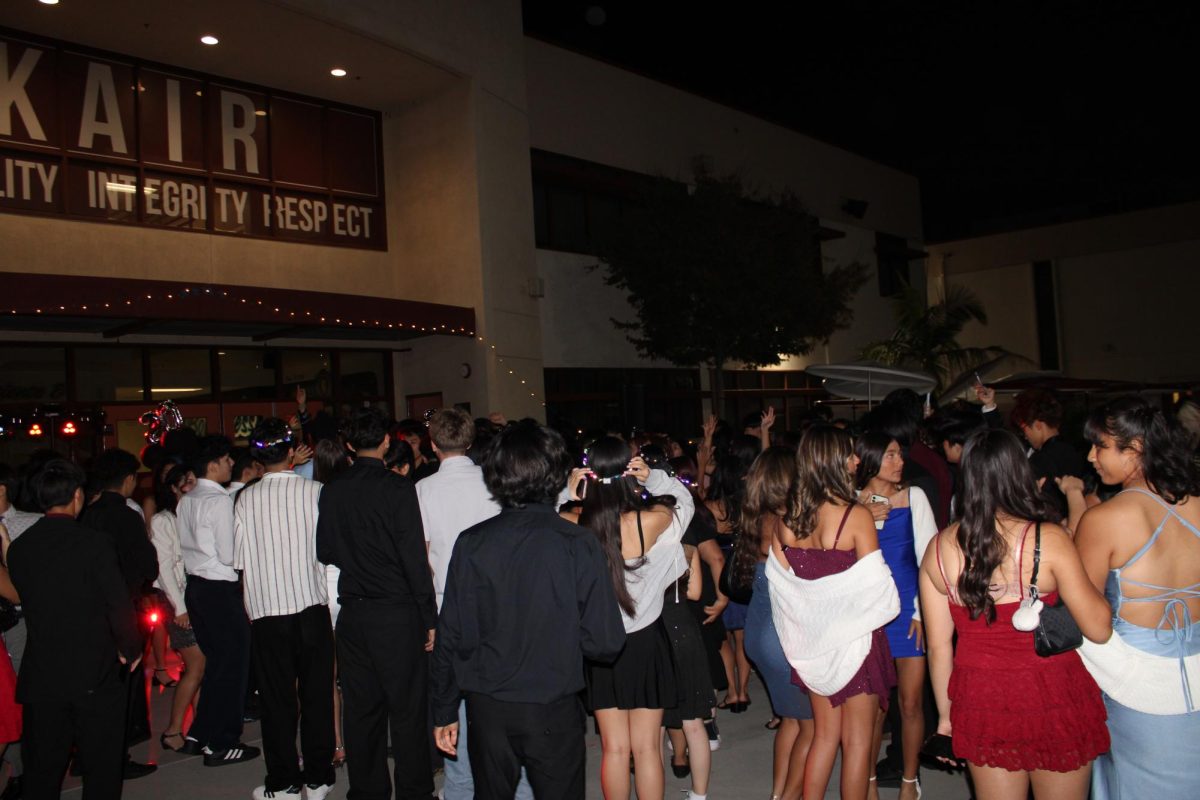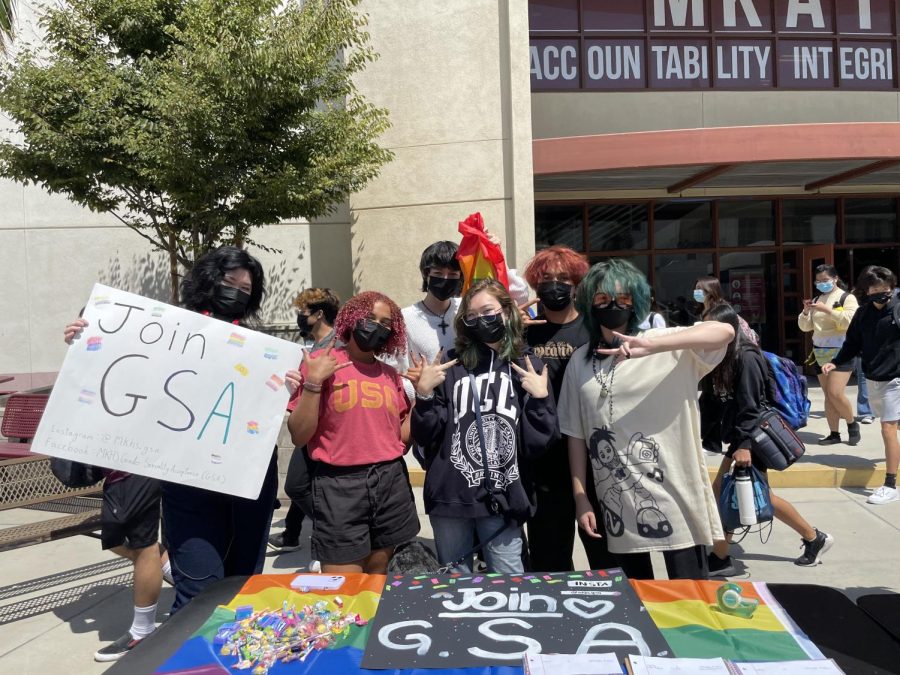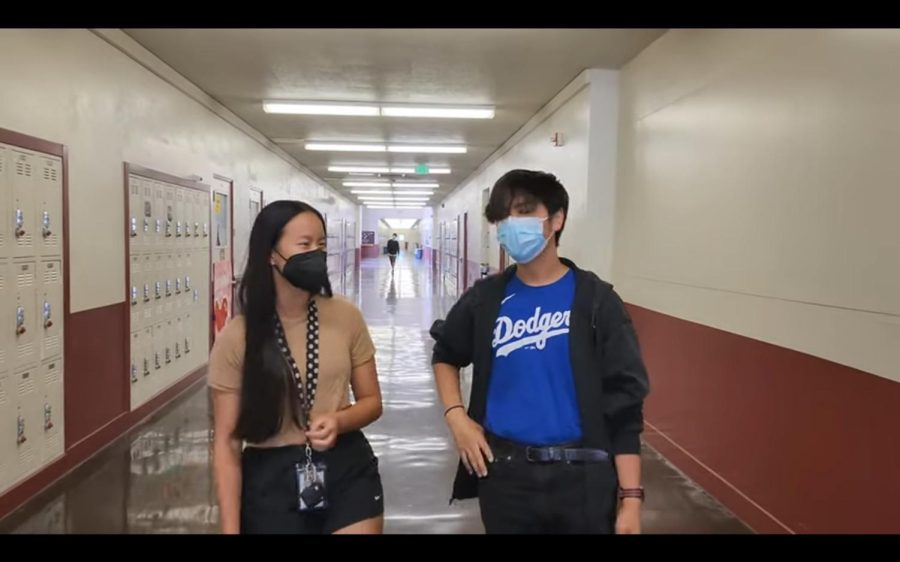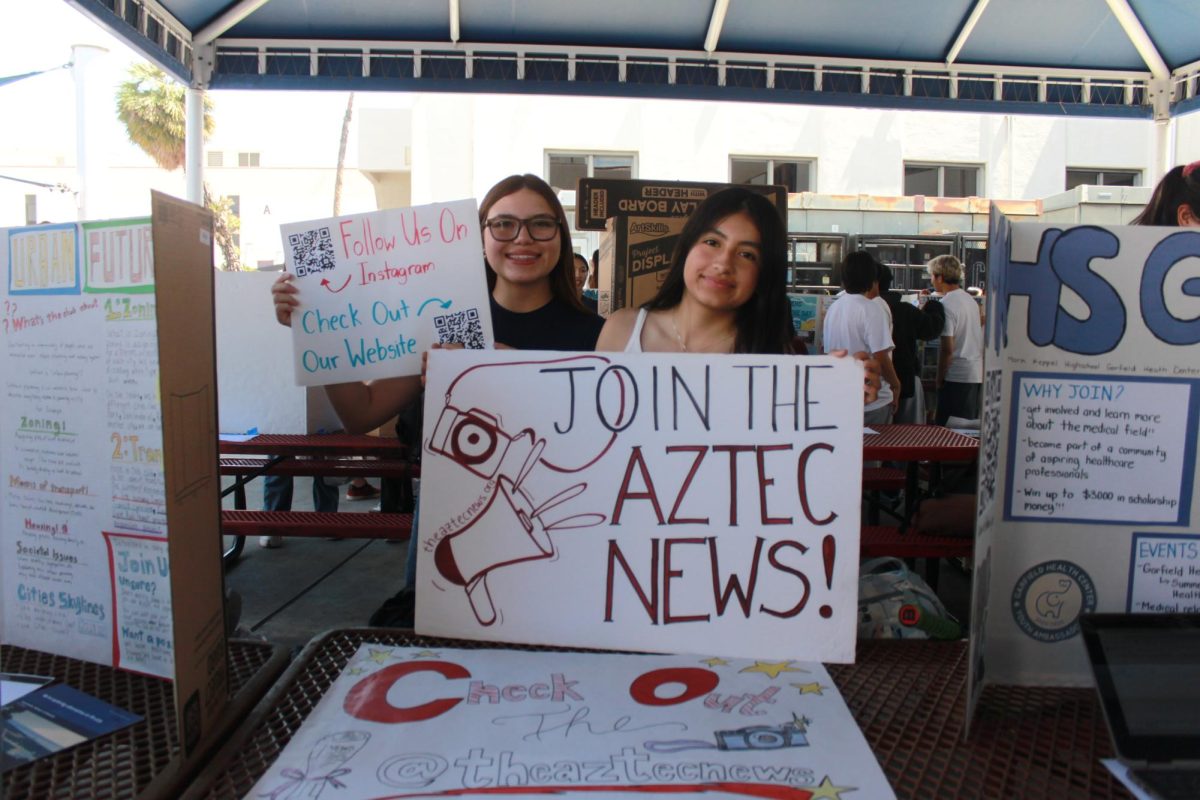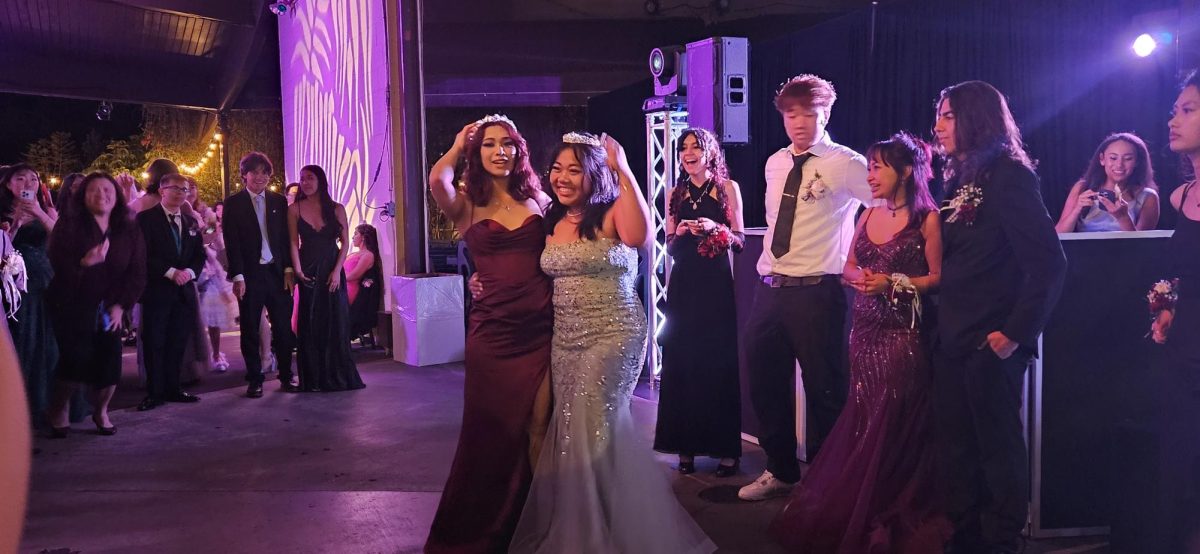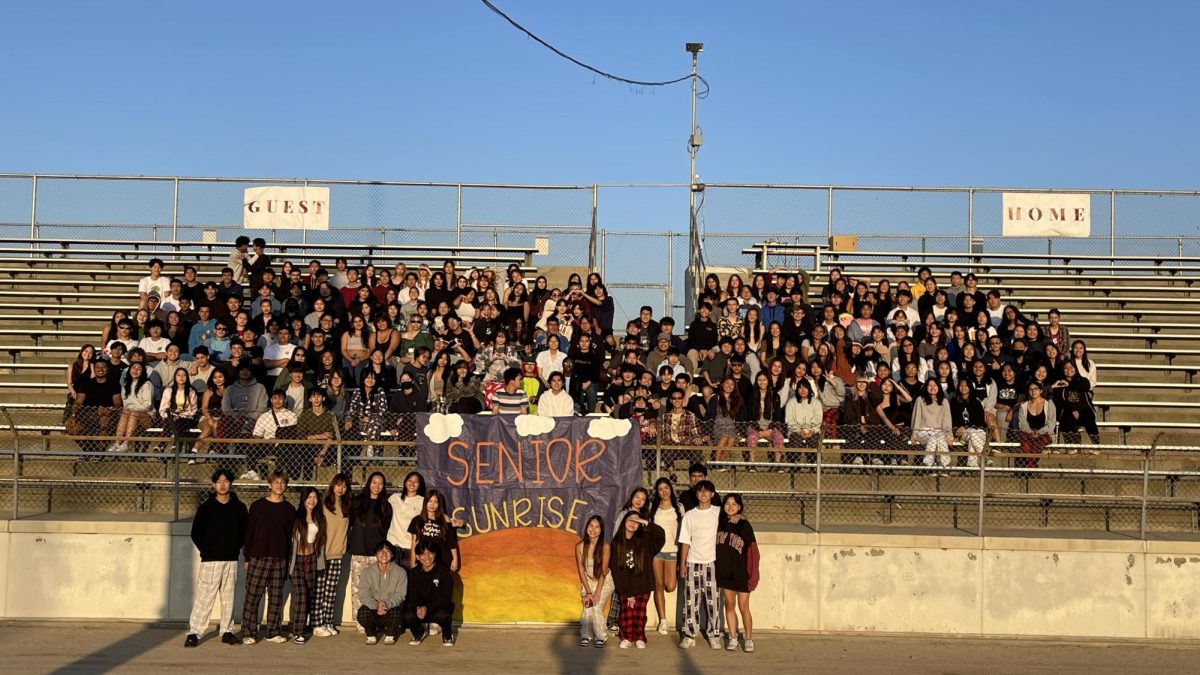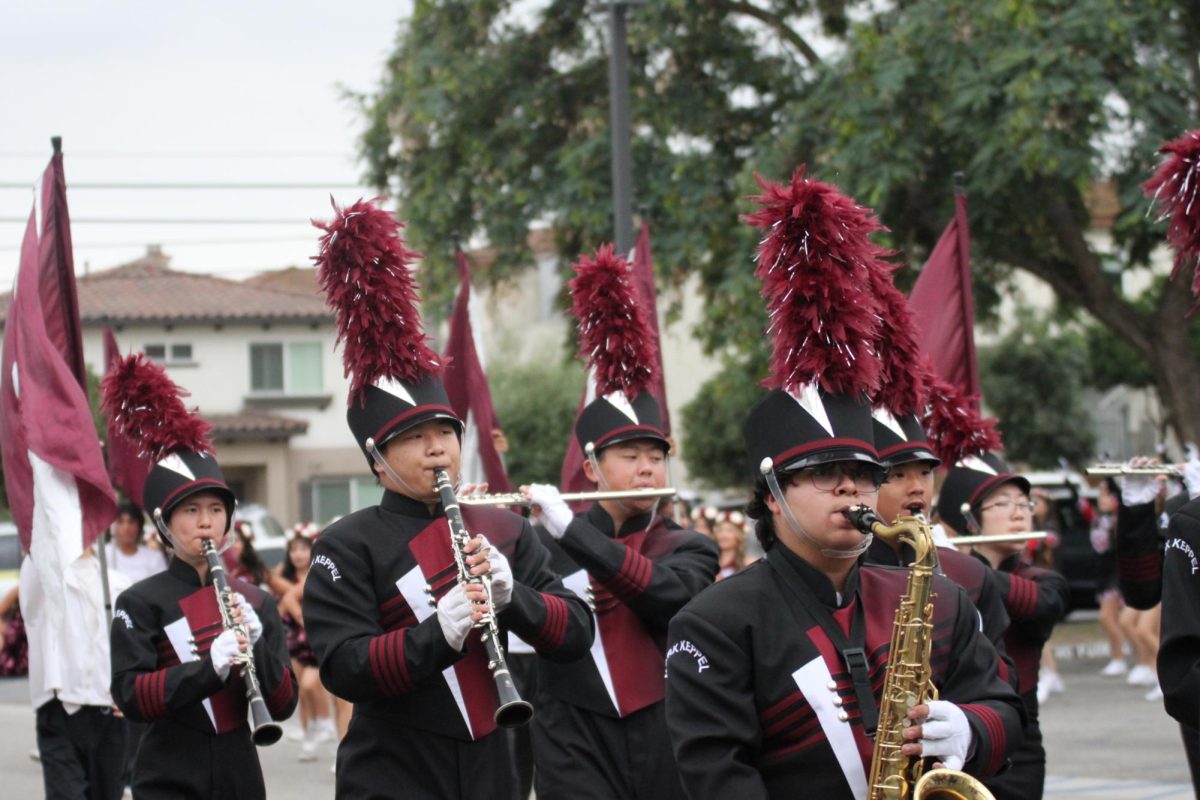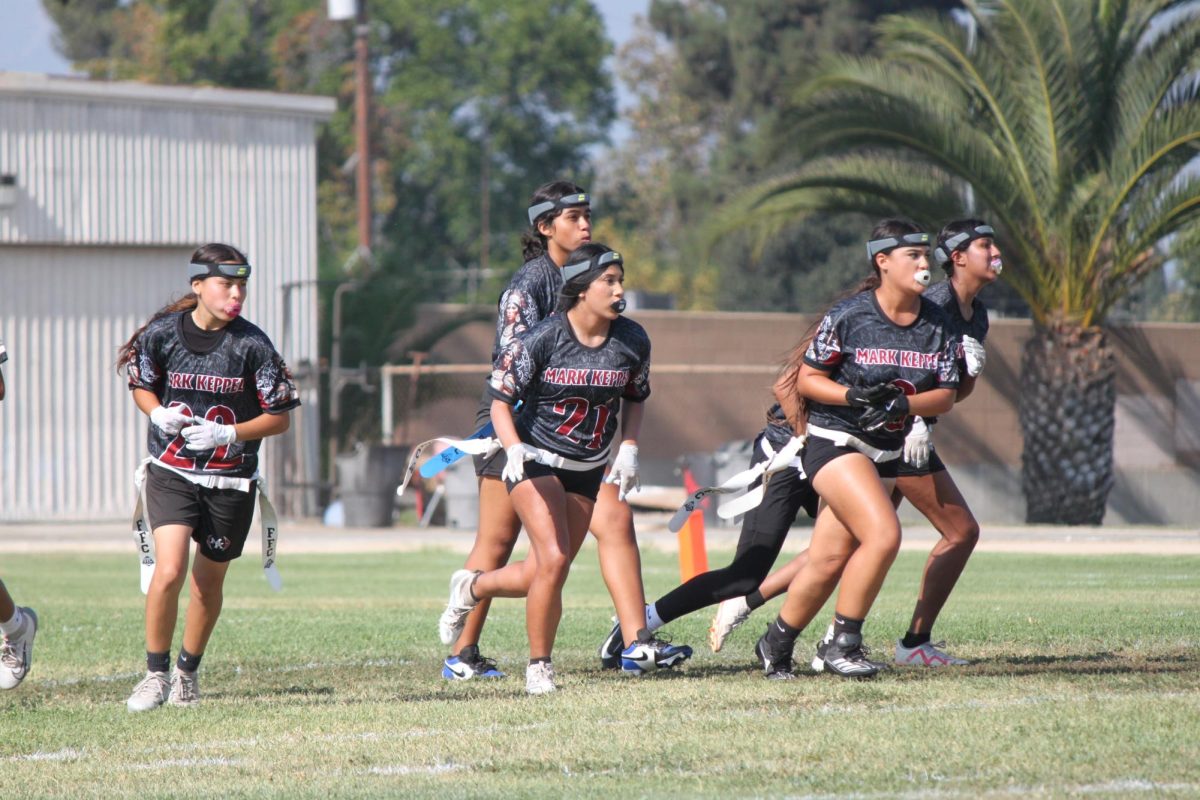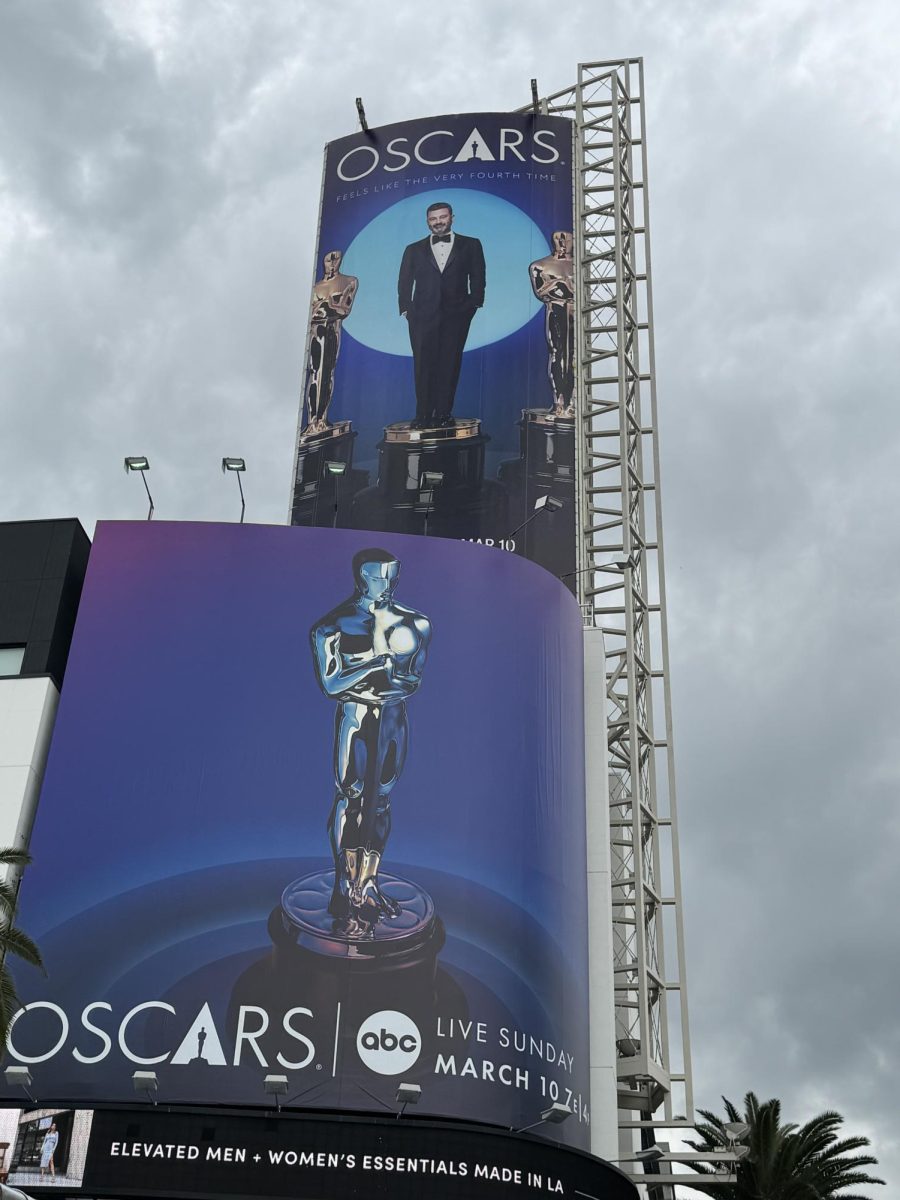Just as Daylight Savings time begins, the award show ceremony that everyone has been waiting for, the 96th annual Academy Awards, finally took place on March 10. From Poor Things to Ryan Gosling, this Oscars ceremony shocked many watching. The Oscars was hosted once again this year by Jimmy Kimmel for the fourth time, and previously hosted the Oscars in 2017, 2018, and 2023. This year’s Oscars also made an abrupt change to their usual schedule, starting at 4:00 P.M pacific time zone, rather than their usual beginning time, 5:00 P.M. As Kimmel announced to the audience, this resulted in many viewers barely tuning into the show at 5:00 P.M, confused. This wasn’t the only change the Oscars made this year though. The Academy Awards took to X to announce that they will be installing new inclusive criteria to be eligible for Best Picture consideration as part of an equity and inclusion initiative. The new inclusion and representation standards include on-screen representation, themes, narratives and more.
The night began with its first award being Best Actress in a supporting role. This was presented not by only one presenter, but by five presenters; previous year winners in this same category. The presenters were Jamie Lee Curtis, Lupita Nyong’o, Rita Moreno, Mary Steenburgen, and Regina King who individually gave congratulations to each respective nominee before announcing the winner, who wound up being Da’Vine Joy Randolph for her role as Mary Lamb in “The Holdovers.”
Following Best Supporting Actress, the Oscars brought out “Thor” actor, Chris Hemsworth, and “Super Mario Bros.” voice actress, Anya Taylor-Joy to dual present Best Animated Short, and Best Animated Feature. The frontrunners of this category are typically Disney, as their animated films have been known to dominate this category annually. However, this record has previously been broken before, like in 2019 by Sony’s “Spider-Man: Into the Spider-Verse,” a nominee that returns in this category this year with its sequel, “Spider-Man: Across the Spider-Verse.” To audiences’ surprise, neither Disney nor Pixar’s nominee “Elemental,” or Across the Spider-Verse won this category, as they were bested by Hayao Miyazaki’s “The Boy and the Heron.” Miyazaki has only won this Oscar once before with cult classic, “Spirited Away,” at the 2003 Academy Awards.
“I was a little caught off guard when I heard that Spider-Man didn’t win, or that Elemental didn’t win [Best Animated Feature],” Alice Wang, Mark Keppel senior, expresses her reaction to this result. “I didn’t see [The Boy and the Heron] but I’ll have to give it a watch now.”
Diving deeper into the night, many were also surprised to see “Poor Things,” win the Oscar for Production Design as Barbie, last year’s hot pink hit of the summer, also Hollywood’s biggest pink hit since “Mean Girls,” was predicted to win this category. Barbie was strongly marketed with the color pink, devoting so much to its pink sets, and pink costumes, that it even caused a global shortage of pink paint everywhere worldwide. This Oscar was the first of many that night that were awarded to “Poor Things.”
“My jaw dropped. I was totally expecting Barbie to win this one.” Wang shares how she felt about the results of Production Design. “I don’t understand how [Poor Things] could [have] beaten Barbie. Barbie had the best production I had ever seen. I was so sure they had this one in the bag.”
Before we saw the Oscar for Costume Design, Kimmel reminded us of an incident at the Oscars from almost 50 years ago, when a streaker ran across the stage unclothed. In reference to this, John Cena braved the Dolby Theatre stage whilst completely unclothed to present the Oscar for Costume Design, covering himself with only the winner envelope before Kimmel found Cena some decency as the nominees were being announced. Nonetheless, the winner of Costume Design was also Poor Things.
Greta Gerwig’s summer blockbuster “Barbie”, the pink and polished counterpart to the Barbenheimer duality, was perceived by many to be the popular choice for a majority of the eight categories it was nominated for. Throughout the duration of awards season, Barbie’s popularity lost steam on the campaign trailer, resulting in its sole win this Oscar night, that being for Best Original Song. Audiences displeased to see what was for many a favorite of 2023, receive lackluster recognition were bitterly reminded of the absence of Gerwig’s nomination for Best Director as the initial disappointment during awards season, as reminded to us by Kimmel in his opening monologue, poking fun at this outrage into an amusing anecdote.
Another participant of the heavily prestigious Oppenheimer cast, Robert Downey Jr., would in turn take home his own first award for Best Supporting Actor for his role alongside Best Actor winner, Cillian Murphy who would also win later that night. This is Downey Jr.’s first Oscar in his 50 years of acting, as well as Murphy. Both actors have been seen as long overdue by many for recognition due to a history of long illustrious careers between the two. Downey Jr. was praised for the comeback for what was thought to be a failed career several years prior due to substance abuse. However, Downey Jr. called back to this moment in time in his speech jokingly thanking his “terrible childhood first” as a satirical twist on his past.
While the Oscars are a celebratory ceremony to award achievements in film, acting, and more related to the film industry, the Oscars are also a night of fun and music. Many musical acts performed at the Oscars in between the awards. Some of these performances included a performance from Billie Eilish and her brother, Finneas O’Connell of their song “What Was I Made For?” which featured in Barbie, or Becky G’s performance of “The Fire Inside,” a song featured in the movie “Flamin’ Hot,” a film about the creation of Hot Cheetos. There was large speculation as to whether or not Ryan Gosling would take the Oscars stage to perform “I’m Just Ken” from Barbie, a fan-favorite song from the movie, and he did not disappoint when he did. Gosling’s “ken-ergetic” performance lit up the room pink and brought the audience to their feet with his fellow Ken actors from the movie.
The prestigious acting category, once thought to be locked in place by the preceding award shows, faced a major upset with Emma Stone’s victory in the Lead Actress category against the popular vote, Lily Gladstone. The controversial decision was slated by many as “backwards” since Gladstone’s win would have marked the first win for Native Americans in the Academy. Meanwhile Stone had previously won the Best Actress category at the 2017 Oscars for “La La Land.” In defense of Stone’s win, her performance in “Poor Things” has been eulogized by critics as dynamic and unique, traits often missing from modern productions. Gladstone, although presenting the possibility of a symbolic win, was in very little of her film’s runtime compared to the other nominees of the category.
The awards sweeper, “Oppenheimer” took home the most wins of the night including the title prize, Best Picture. Already predicted to win big that night, there was hardly any contention surrounding its nominations for the major categories. One surprise it did take was bringing out Al Pacino to present this award, whose hasty presentation of the winner produced awkward reverberations around the room in fear of recreating the Best Picture mixup at the 2017 Oscar ceremony (La La Land vs. Moonlight.)


